7 Common Design Mistakes Making Your Home Feel Less Cozy — And How to Fix Them
Creating a 'cozy' space is not always so straightforward, but the first step is steering clear of these common misconceptions, according to designers

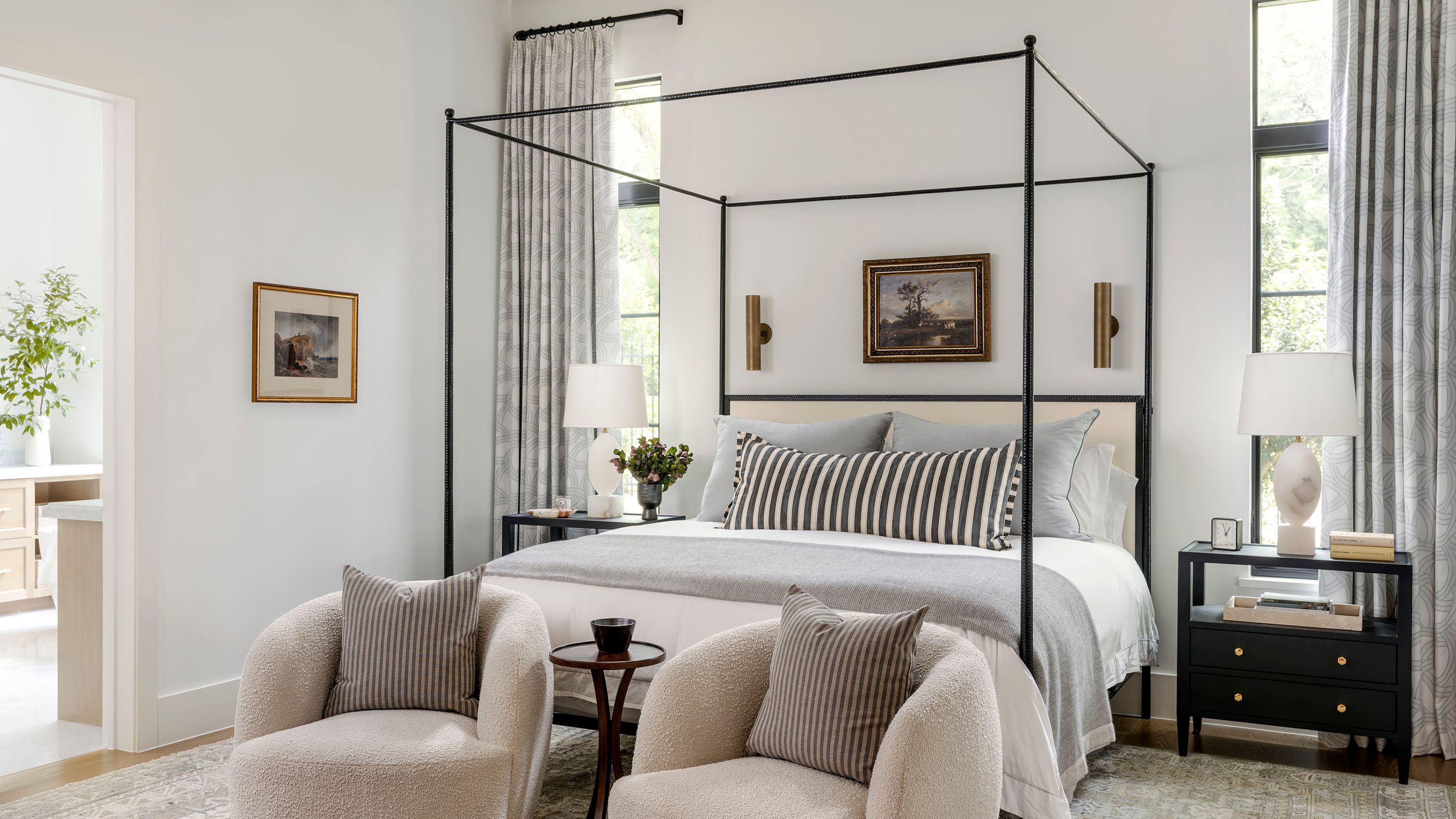
The essence of a cozy space can be hard to explain, and even harder to achieve in your home. It's not about buying a specific product, paint color, or scent; it's more the indescribable feeling you get when you walk into the space. It feels lived-in, inviting, and comfortable.
As such, it's easy to make mistakes that, in turn, make your home feel less cozy. While most cozy living room ideas dictate that you need to fill your space with plenty of texture, plush furniture and warm colors, overdo it and you risk creating a room that feels cluttered and cramped, not cozy.
It's a fine line, you see. So to help you tip-toe it, we asked designers for the all-too common mistakes that make your home feel less cozy — and more importantly, what to do to fix them. Here's what they had to say.
1. Overlooking the scale
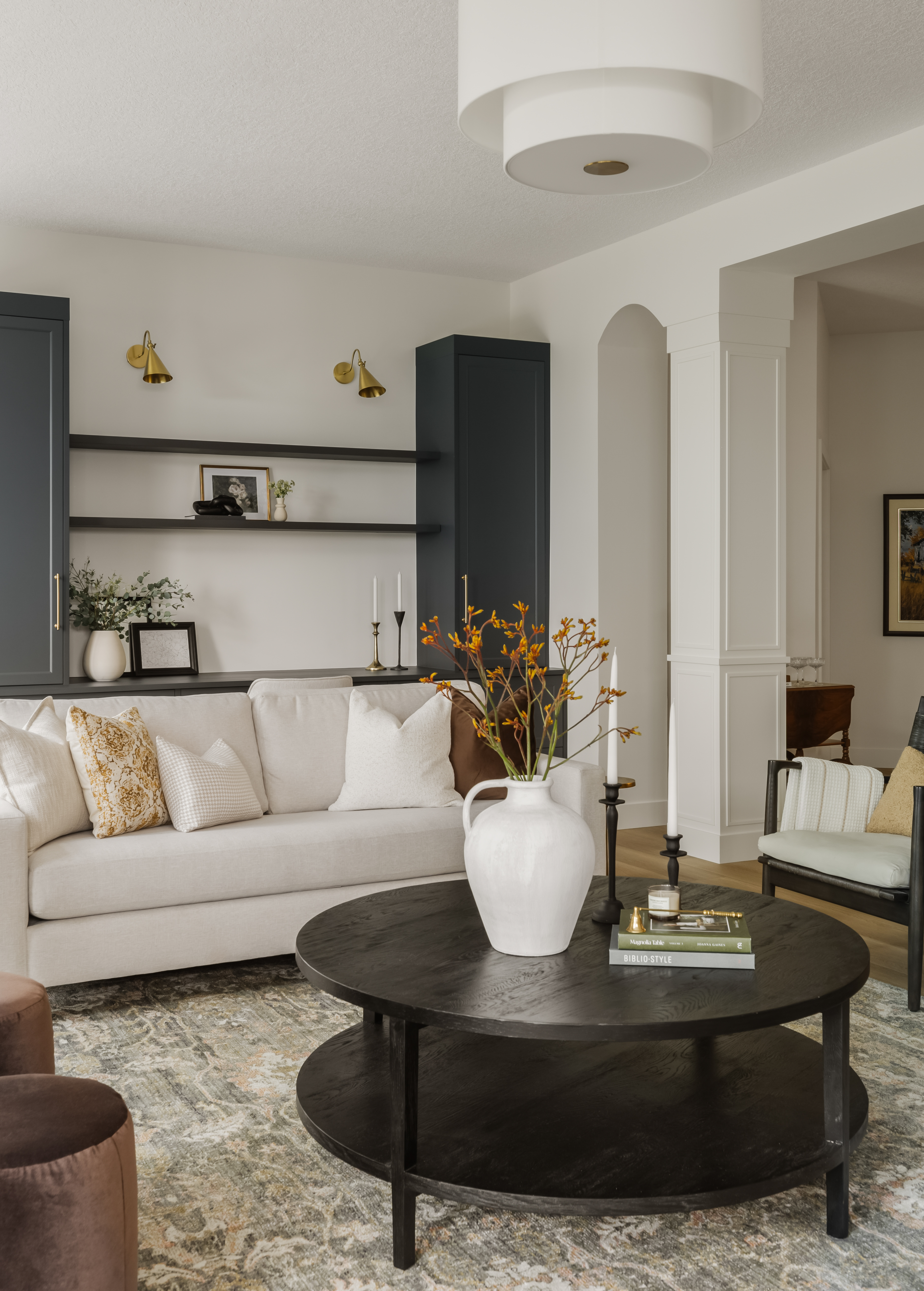
It's a common misconception that cozy rooms need to be overflowing with furniture and precious possessions, as a way of making the space feel like it's literally enveloping you. And while you can put a big couch in a small living room, Malak Bellajdel, an interior design expert at Interior Moderna stresses the importance of scale. "Furniture that's too big for a space can make it feel cramped, not cozy," she says.
Julie Beuerlein, the founder of JKB Home Design, echoes this same idea. "No one wants to spend time in a room if they feel too cramped, and on the contrary, no one wants to hang out in a space where the furniture looks and feels like it belongs in a dollshouse," she says. "Getting the scale of rugs and furniture wrong is what I see most, and it is really easy to fix and will make the most significant difference."
Another danger is simply having too much furniture, according to Denine Jackson, a Buffalo-based designer and founder of Denine Jackson Interiors. "You need to leave room for yourself and light to bounce around to help evoke that cozy feeling," she adds.
2. Having too many things
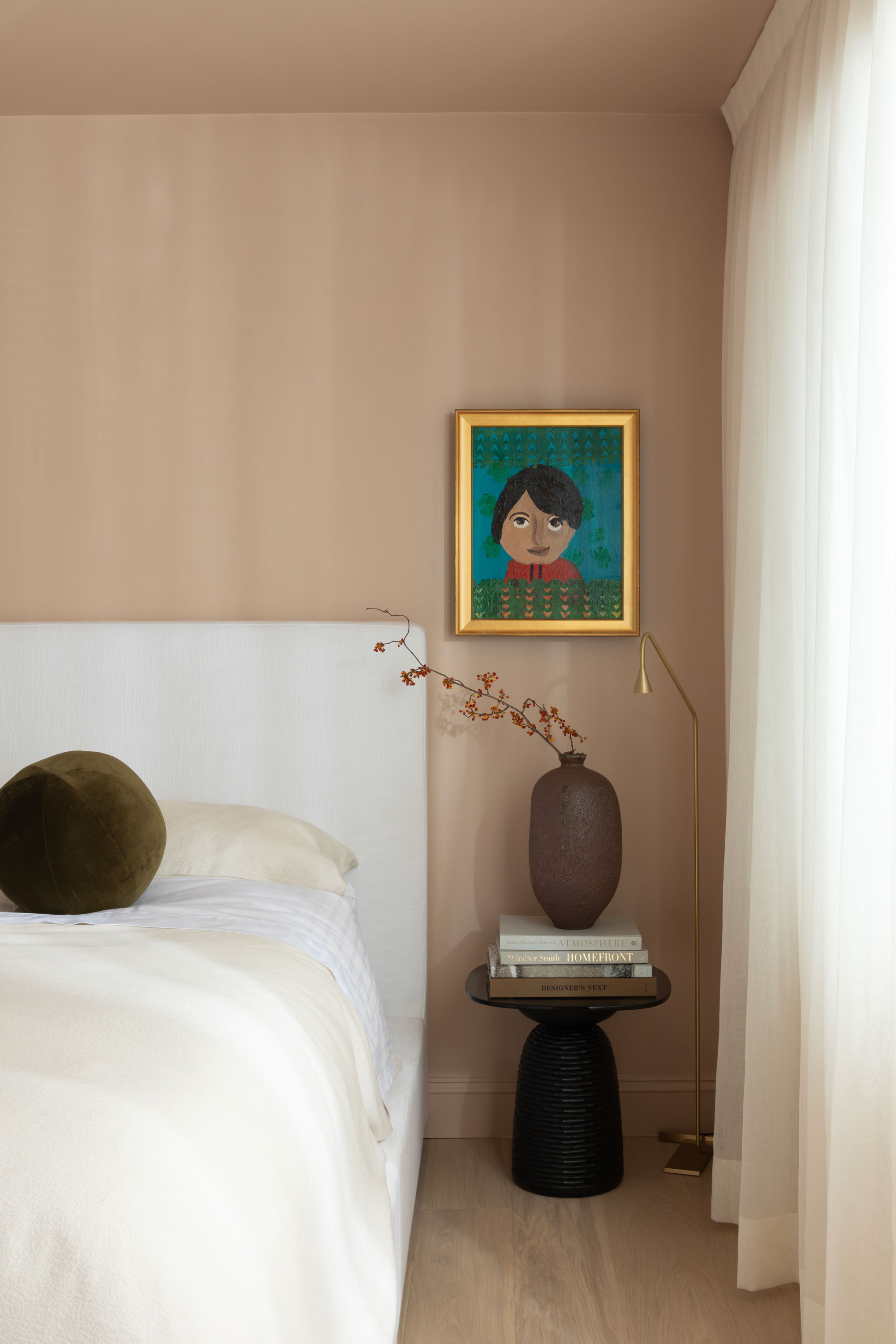
And this same sentiment extends to your stuff. A 'lived-in' interior will, of course, appear more inviting and comfortable, but "too much clutter can overwhelm a space, making it feel cramped rather than cozy," says Leah Prag, the founder and design expert at Florida-based store, Domani Home.
The Livingetc newsletters are your inside source for what’s shaping interiors now - and what’s next. Discover trend forecasts, smart style ideas, and curated shopping inspiration that brings design to life. Subscribe today and stay ahead of the curve.
When it comes to knowing how to declutter your home, it can sometimes be hard to know what things to let go of. Leah recommends "opting for fewer, carefully chosen decor items" that reflect who you are. Or at least, trying to.
3. Not having enough things
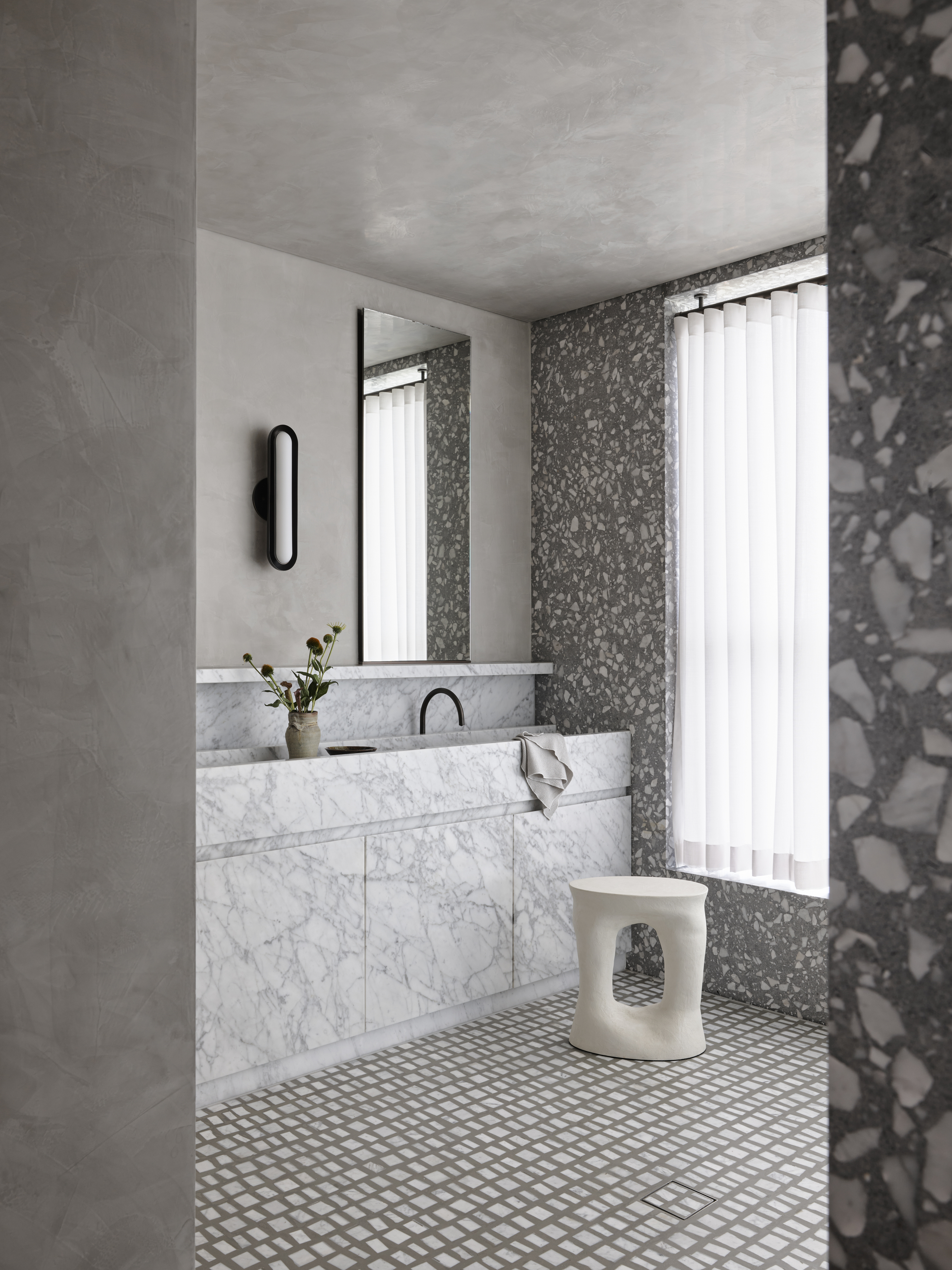
Likewise, on the other end of the spectrum, leaning too far into a minimalist interior design and leaving the space void of things can also impact how cozy it feels. "Decluttering can easily improve the look and feel of a space, but taking it to the extreme can leave it feeling cold," says Malak Bellajdel.
Carolyn Cerminara, the principal designer of Tennessee-based Cerminara Design adds that neglecting to layer textures is another common mistake people make. "A minimalist approach without adding soft, warm elements can make a room feel stark," she says. But there are still ways to make a minimalist home feel comfortable; Carolyn recommends "incorporating natural materials and soft lighting to ensure the space feels cozy and welcoming."
4. Relying on overhead lighting
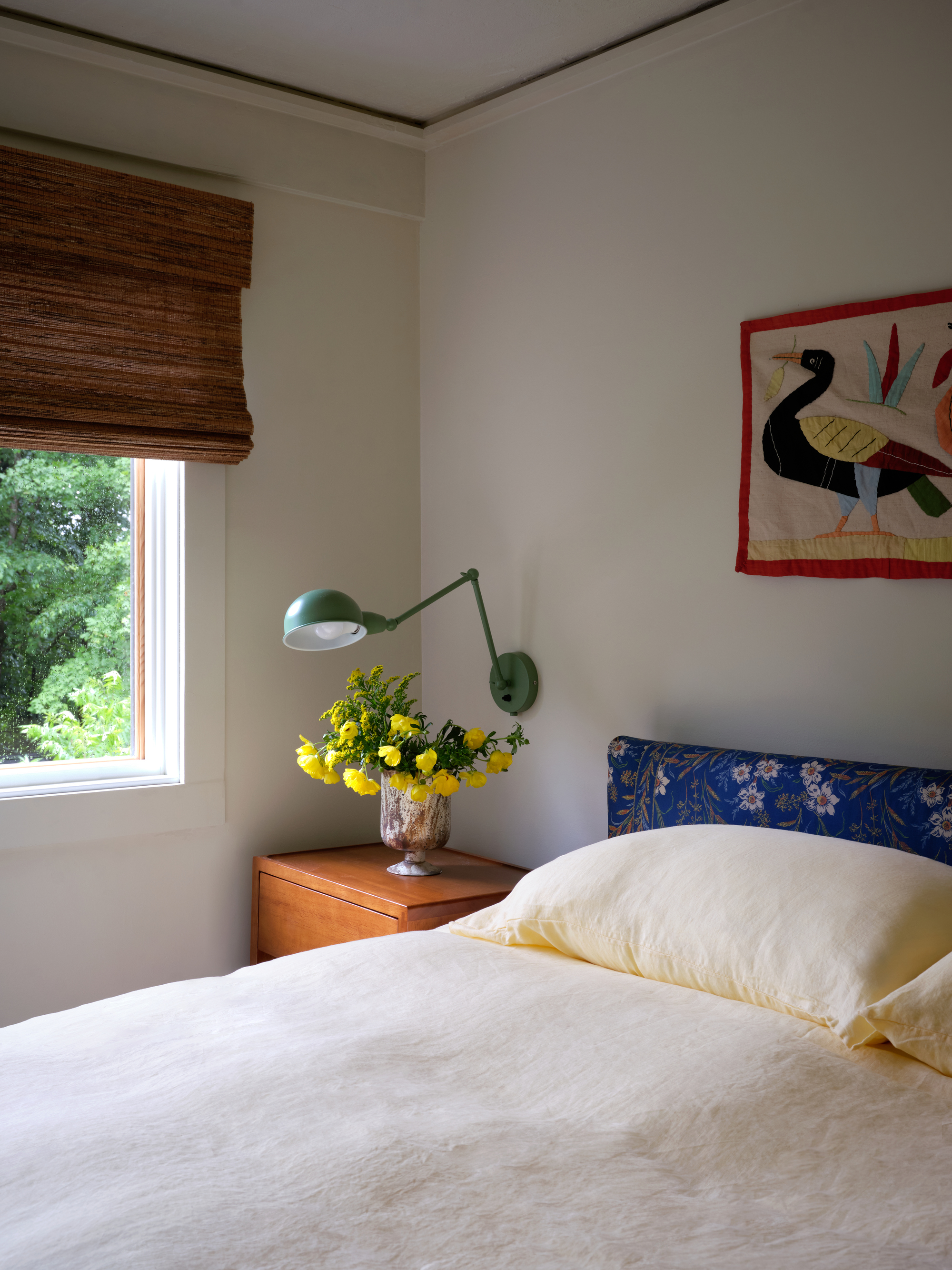
Lighting can make or break a cozy interior, so it's no surprise that getting it wrong is another commonly made mistake. Relying too much on overhead lighting (or what we now like to refer to as the 'big light') "can create really harsh shadows," says Malak Bellajdel. In fact, these days many designers are choosing to forgo them in some spaces all together, raising the question: does every room need a ceiling light?
"Relying solely on bright, overhead lighting can make a space feel sterile," adds Leah Prag, who suggests instead layering different types of lighting — think a mix of table lamps, floor lamps, wall sconces and candles — to create a warm, distilled glow around the space.
5. Using a cold material palette
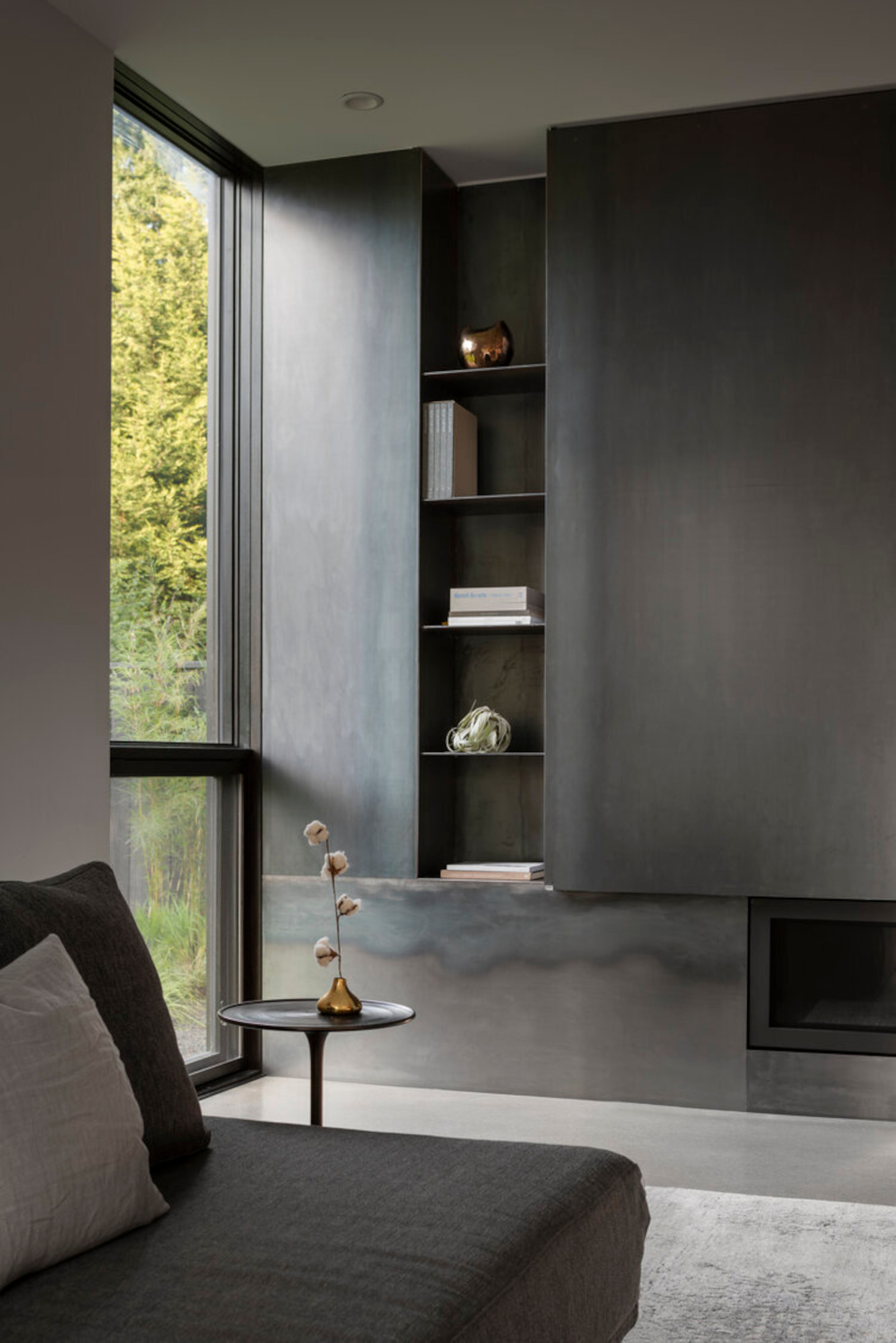
Coziness is often thought to be synonymous with warmth, and a key way of introducing this is through your material palette, using plenty of natural textures and tones. While there are ways to make cooler finishes work in a cozy interior, "using too many cold materials like glass, metal, or concrete without balancing them with softer textures can make a space feel uninviting," warns Leah Prag.
If you're wanting to use a modern finish like polished concrete floors or a statement design element like glass bricks, you can always balance them with more cozy elements like layered rugs and furniture in warm colors and natural textures including rattan, linen, or a slubby bouclé fabric.
6. Picking a cold paint color
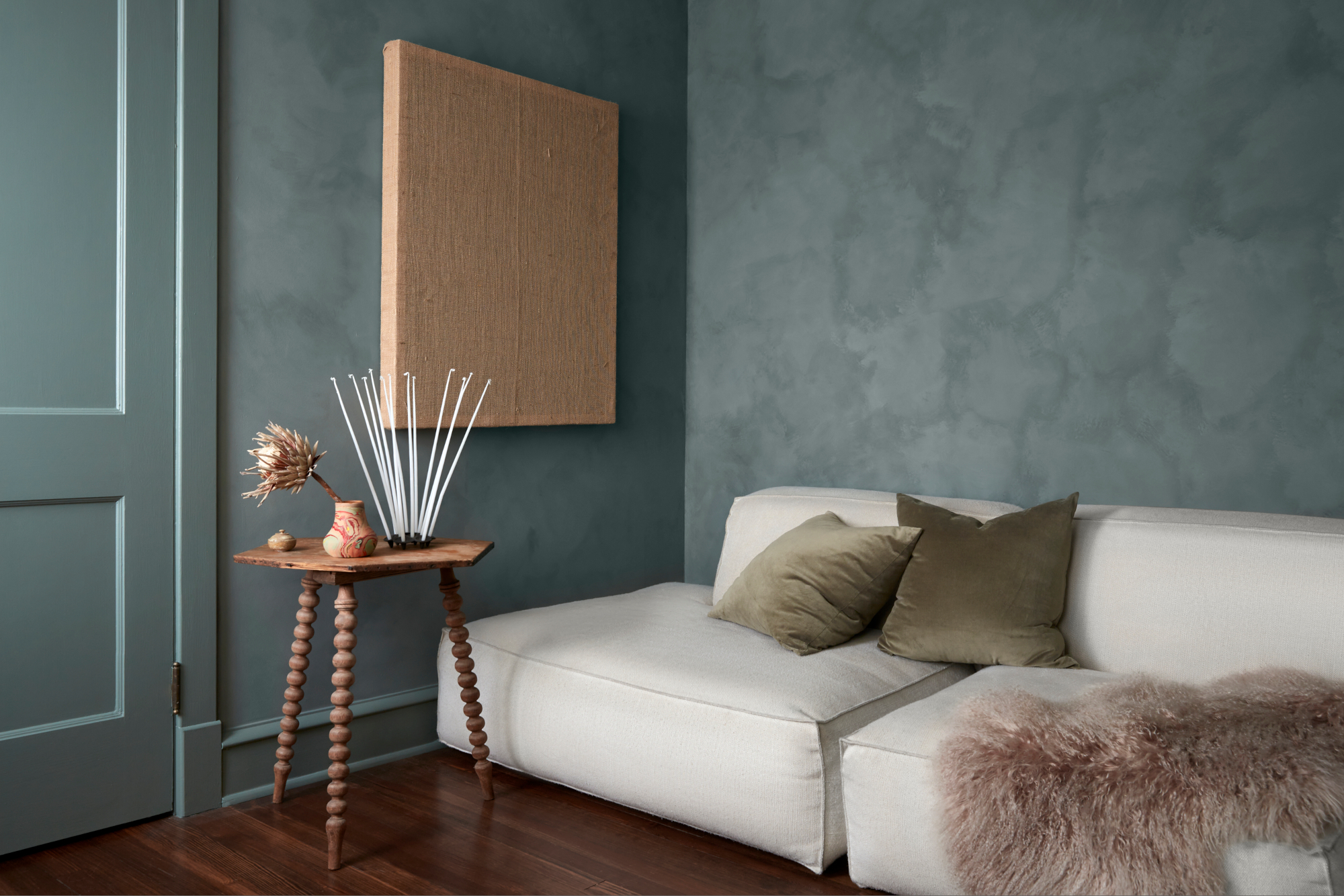
Just like the material palette, another common mistake people make that hinders that cozy feeling is forgoing a cozy paint color for something more neutral or modern. "An all gray space can instantly zap the cozy vibe from a room," says Janelle Patton, the lead designer at Dallas-based interior design and architectural firm, Lark Interiors. "Nothing screams clinical and cold like a combination of gray walls, floors, and fabrics."
But it's not just about the color you choose, but how it's applied. "A lack of variation in color can make a room feel flat and uninspired," adds Leah Prag. Color drenching is perhaps the only exception to this rule, and can be a highly effective way of making a space feel more enveloping, and therefore cozy — especially one that's smaller or darker.
7. Getting the balance wrong
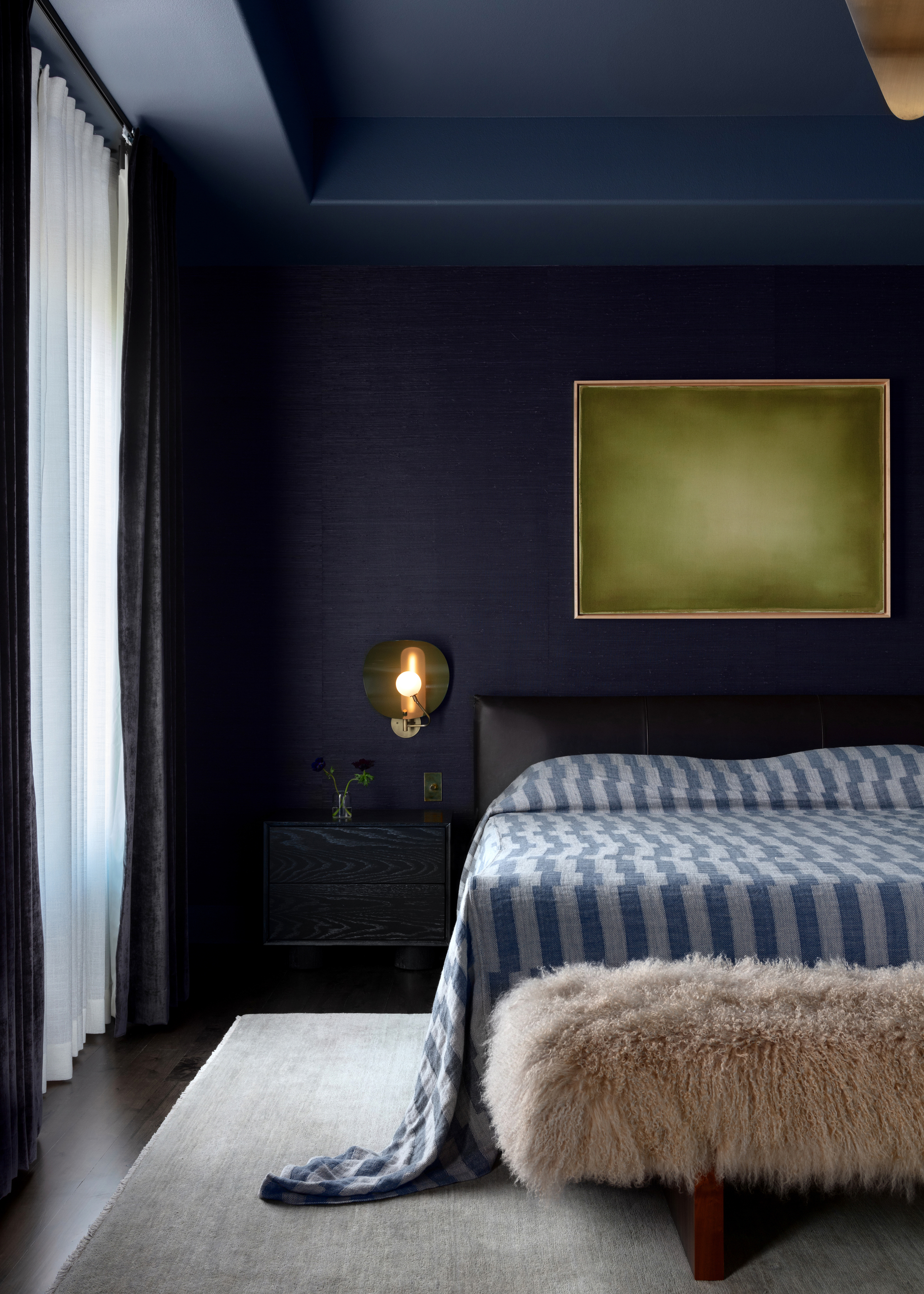
I once spoke with a designer who explained to me that a harmonious space is all about getting the right balance of circles and squares. As in, for every sharp line in the space ('square'), you need a balance of soft lines ('circles'). Denine Jackson agrees, sharing that a common mistake that makes your space feel less cozy is "not including soft textures and edges in a room with sharp lines and corners."
Laura Morris, a Feng Shui educator and co-founder of Mindful Design School, adds that "When a space has too much yang energy or qi, it will not feel cozy or relaxing." These living room Feng Shui elements include things like harsh lighting, noise, high ceilings, sharp corners and hard surfaces. "A space becomes more inviting when softer yin design details are dominant," she adds.
It can be hard to capture a feeling in our homes. The coziest of spaces tend to be the ones that come about naturally; ones that slowly build over time, are filled with things we collect along the way, and form the backdrop to our most cherished memories.
But if you have a feeling but can't quite put your finger on what's wrong about your current space, hopefully this list of common mistakes can help you put it right, once and for all.

Emma is the Interiors Editor at Livingetc. She formerly worked on Homes To Love, one of Australia's leading interiors websites, where she wrote for some of the country's top publications including Australian House & Garden and Belle magazine. Before that she was the Content Producer for luxury linen brand, CULTIVER, where she nurtured a true appreciation for filling your home with high-quality and beautiful things. At Livingetc, she spends her days digging into the big design questions — from styling ideas to color palettes, interior trends and home tours. Outside of work hours, Emma can often be found elbow-deep at an antique store, moving her sofa for the 70th time or mentally renovating every room she walks into. Having just moved to London, she's currently starting from scratch when it comes to styling her home, which, while to many may sound daunting, to her, is just an excuse to switch up her style.